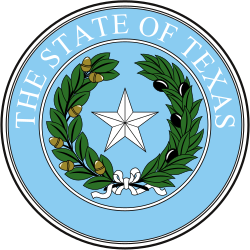| SCOPE Act | |
|---|---|
 | |
| Texas Legislature | |
| |
| Territorial extent | State of Texas |
| Enacted by | September 1, 2024 |
| Enacted | June 13, 2023 |
| Legislative history | |
| Introduced | February 16, 2023 |
| First reading | May 4, 2023 |
| Second reading | May 23, 2023 |
| Third reading | May 23, 2023 |
| Status: Not fully in force | |
HB 18 also known as Securing Children Online Through Parental Empowerment Act or just The SCOPE Act is an American law in Texas. The law requires internet platforms to verify the age of a parent or guardian of accounts if they are signed in as under 18. It also requires parental consent before collecting the data on minors under 18 years of age. Which is an increase from the age set at the federal level under COPPA which is 13. It also requires platforms to block and filter if the content promotes suicide, self-harm, eating disorders, substance abuse, stalking, bullying, or harassment, or grooming. [1] [2] [3] [4] [5]